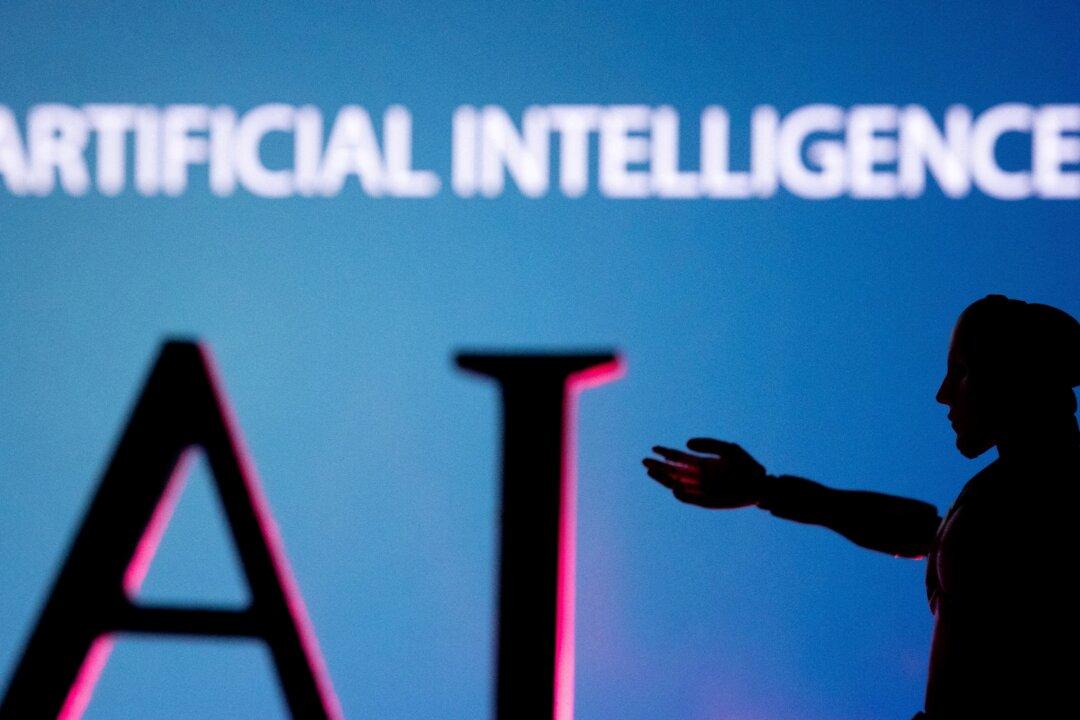Artificial intelligence has the potential to help reduce teacher workload by automating simple marking processes, but needs close human supervision to be effective, said one of the leading UK exam boards.
One of the three main assessment bodies, AQA, has written to the government to inform its consultation on the use of AI in education.





